Federal Court Litigation
Federal Courts in Canada and the United States have a unique structure and are limited to the types of cases that they hear; however there are distinct differences between Federal Courts in Canada and the U.S.A.
WHAT IS THE FEDERAL COURT STRUCTURE IN CANADA?
The Federal Court, Canada's national trial court, hears and decides legal disputes arising in the federal domain. It has exclusive jurisdiction to review the legality of actions of most federal offices, boards, commissions, and tribunals. A case cannot be brought before Federal Court unless these three conditions are satisfied:
- Subject matter must be assigned to Parliament under the Constitution
- There must be actual, existing and applicable federal law
- The administration of that law must have been conferred upon the Federal Court
WHAT TYPES OF CASES ARE TYPICALLY BROUGHT BEFORE THE CANADIAN FEDERAL COURT?
Most government decisions at the federal level may be challenged in the Federal Court. These include but are not limited to:
- Tax Enforcement and collection matters
- Review of decisions of Federal Ministers
- Claims related to maritime insurance and loss
- Immigration and refugee matters
- Elections
- Official languages
- Access to information
- Privacy
- Passports
- Prisoners in federal institutions
- War veterans
- Application of the Canadian Charter of Human Rights
- Environmental impact assessment
- Public works
- National defense
- Public service employment
- Aeronautics and transportation
- Oceans and fisheries
- First Nations
- Intellectual property rights
WHAT IS THE FEDERAL COURT STRUCTURE IN THE U.S.A.?
The Federal Courts have a three-part structure:
- The Supreme Court is the highest court in the federal system. It hears appeals from state courts as well as federal courts.
- The Federal Courts of Appeal, also known as Circuit Courts, are divided into twelve different regions, known as circuits. They handle cases from different states and from the District of Columbia. In addition, there is also a United States Court of Appeals for the Federal Circuit, which hears certain specialized cases.
- The Federal District Courts are comprised of 94 judicial districts across the country, including judicial districts in the District of Columbia, Puerto Rico, the Virgin Islands, the Northern Mariana Islands, and Guam.
WHAT TYPES OF CASES ARE TYPICALLY BROUGHT BEFORE THE UNITED STATES FEDERAL COURT?
Federal Court jurisdiction is limited to the types of cases listed in the Constitution and specifically provided for by Congress which include but are not limited to:
- Cases in which the United States is a party
- Cases involving violations of the U.S. Constitution or federal laws (under federal-question jurisdiction)
- Cases between citizens of different states if the amount in controversy exceeds $75,000 (under diversity jurisdiction)
- Bankruptcy
- Copyright
- Patent
- Maritime law cases
CAN CANADIANS AND FOREIGNERS SUE COMPANIES IN U.S. FEDERAL COURT?
Yes, Canadians and foreigners can sue companies in U.S. Federal Court as long as the Defendant has a qualifying connection to the U.S. - a U.S. company, does business in the U.S., has property in the state, etc. This can be a good strategy since U.S. judgments tend to be more significant and there are no cost consequences, meaning that you don’t have to pay the other side’s legal fees.
Successful Federal Court Litigation requires a great deal of experience. The rules of filing, procedure and practice can be very different from those of provincial or state courts. Contact the law firm that has successfully litigated in Federal Court on behalf of many clients - C2 Global Law.

